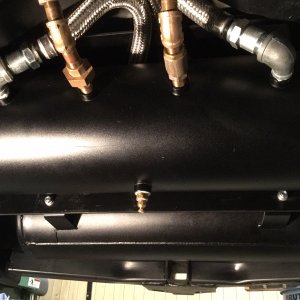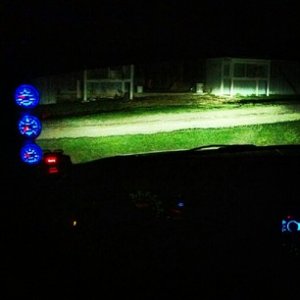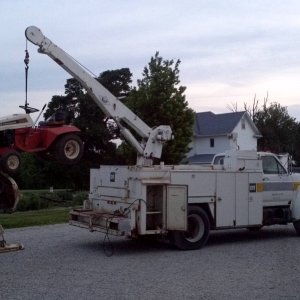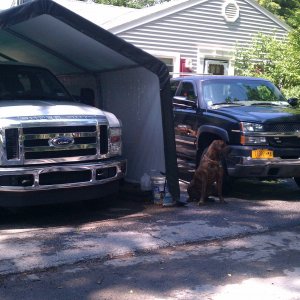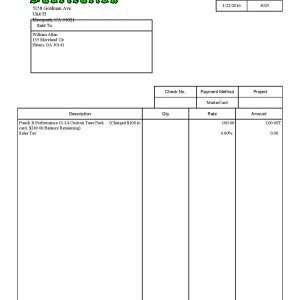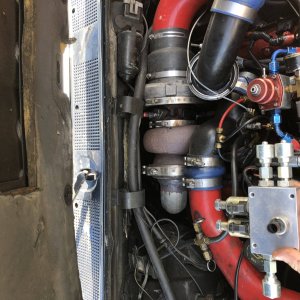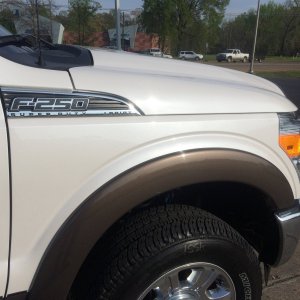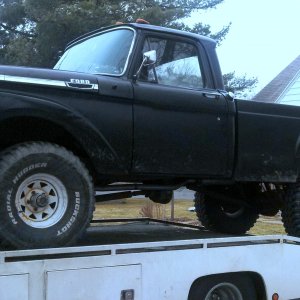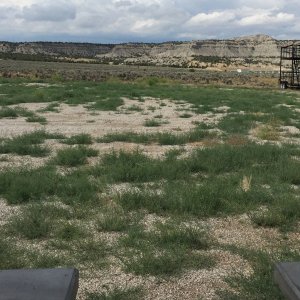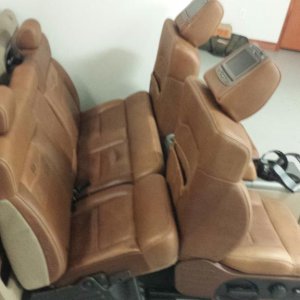To add insight to a few comments, here are some of my experiences with my 6.4 on spray, which carry over in principle.
#1- Nitrous can, and does drop EGT's ......if you spray it hard enough. Most people only see EGT increases because they start out with way too much fuel, and aren't brave/ capable enough to spray it hard enough to drop EGT's. If you're already running hot, and have extra fuel, adding some nitrous will jack up your EGT's. If you want to lower the temp, you have to spray it hard enough to clean up all the smoke, then spray it even harder until the temp drops to a happy place. I recommend not letting it cool below 1200 or so at WOT, because you can cool the combustion to the point where I suspect
BAD things can happen with backfires & stuff. (only speculation on dropping the temp too far)
How much do you actually need to drop EGT's? it's variable. You'll have to experiment, but doing so on stock rods, as mentioned, could spell disaster. On my 6.4 with twin pumps, and baby injector nozzles (15% over stock), I ran it on the race tune on the dyno. Fuel only corrected at Denver elevation the truck put down 700 to the wheels, pegging my 1780* pyro by the end of the short run. Right after that run, I let it cool, got the bottle temp just right, and sprayed everything it had running two .136" jets through .120" solenoids at 100% duty cycle. Corrected rwhp shot clear up to over 1200, and pegged the 2000 lb/ft torque curve. EGT's were 1350 ish and stayed there. That's roughly a 500 hp gain on that much nitrous. Most people aren't willing to spray their stuff hard enough for those gains though as things need to be built & properly set up to handle it. If I had any more nitrous to throw at it I would have, just to see, but that maxed out the Nitrous Express NXD 4000, progressively controlled kit I had at the time. For diesels, nitrous is a dry setup, meaning only nitrous, and no fuel is sprayed in. You don't need to worry about running too lean on a diesel. BTW, the motor did have a 44 mm wastegate opening all the way at full power. Without a gate, it would have certainly blown up the turbos due to excessive drive pressure. It could have also floated a valve, even though the motor has heavy duty push rods and valve springs.
So if you have a proper wastegate setup to keep drive pressure under control, and if you trust your bottom end to hold together enough for the gains you want, give 'er a whirl.
#2- "Nitrous is more violent than fuel only." Aw, horse crap. It's only more violent if you run a hill billy pile-o-junk setup. Most people saying it's violent have never effectively used a progressive controller. If you've got an on/off button to control things, then you are asking for trouble. If you run a progressive controller, you set the parameters on when, and how much to put into it. Running full tilt with the "500 shot" I ran, it came on incredibly smooth because that's how I programmed it to work. You can fully map both solenoids by simultaneously controlling multiple trigger points like throttle position, boost, speed, rpm, time, or whatever.
If you want to try some spray, and are willing to risk blowing up your motor, then I'd love to see what the gains and limits are. On a stock bottom end, I recommend you keep the spray off until at least 2500 rpm's. down low is where you stress and break stuff. Up higher, the risk is still there, but greatly reduced. Make sure if you do it, you have a proper wastegate setup for both banks of the motor, to keep it all in check. Those '11-'14 factory turbos are already at their limits with tuning, so I'd never spray on one of those. The '11-'14 injection pumps are at their limits with aggressive tuning as well, so don't expect much for gains there.
In summary, nitrous can be really fun and safe if you have the proper setup for it. It's more of a short burst use application though as it's expensive, and you gotta open/close the bottle with each use, so it doesn't leak out, as well as make sure your bottle pressure is good. (I lost over 80 hp from my best run with the only change being bottle pressure a little lower than desired.) too much pressure, and your solenoids can't overcome the pressure to open. I've got an '08 excursion running that same motor I sprayed hard with, that I'd like to take to the track a few times a year, although it's back down to a single pump, 700 hp street setup now. Throwing the bottle at it might give me another 100 or so rwhp, and I'll give it a try when I get the time.
As mentioned many times prior in this thread, no bottle setup is best for daily drivers, and the way most people go for a truck not dedicated to competiton. If you decide to try it out, send me a PM with your number, and we can talk about setting it up with the most likely shot at success.

